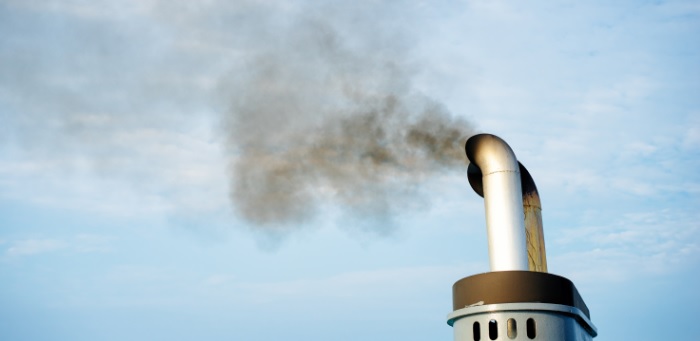Publishing its financial figures for the first half of the year, Norwegian dry bulk shipping company Jinhui Shipping and Transportation Limited announced that it is sees as more beneficial the option of low sulphur fuel oil instead of scrubbers, in order to achieve compliance with the global environmental regulations coming into force from 2020.
Entering into effect from 1 January 2020, the 2020 sulphur cap, mandated by IMO, requires that ships will run on fuel containing no more than 0,5% of sulphur, instead of the 3,5% which is currently into effect. These environmental policies causing changes in global energy mix are expected to have ‘material global implications and impact the company’s business‘, Jinhui noted.
As shipowners are seeking which is the best solution for compliance, the dilemma of investment on scrubbers or environmentally compliant fuel is at the centre of global discussions.
We are currently refraining from the installation of scrubbers given the long term technical and commercial viability of scrubbers is yet to be proven, not to mention the investment cost of scrubber has been on the decline where we believe benefit is highly likely to arise with further patience. From the environmental perspective, we believe the use of low sulphur fuel is the most efficient way to tackle this issue. We expect the availability of such product will become abundant at reasonable costs with time, given the likelihood of an increasing demand.
While the hot debate evolves, scrubber uptake seems to accelerate with the number of ships with exhaust gas cleaning systems installed or on order standing at 983 as of 31 May 2018, according to a survey by the Exhaust Gas Cleaning Systems Association (EGCSA).
In the first half of 2018, Jinhui seems to have recovered from a significant loss last year due to improved freight rates in the spot market, with a net profit of USD 5.3 million, against a loss of USD 8.7 million a year earlier.































































